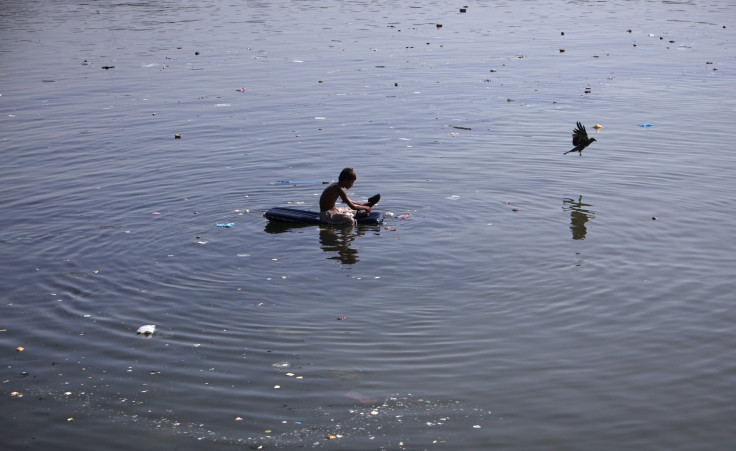WHO: 10 People Have Died From Brain-Eating Parasites in Pakistan

Authorities in Pakistan have launched an urgent investigation into the source of 10 deaths in its most populated city. All deaths had been due to infection caused by brain-eating amoebas. Health officials and the water company are doing their best to stem the tide of the illness.
Brain-eating amoebas, or Naegleria fowleri, exist in unclean, warm freshwater. Infections do not normally occur in people drinking the water, but rather from swimming in such bodies of water, ingesting the water or getting water up the nose. The bacteria travel up the nasal passages and destroy brain tissue. Once in the brain, 98 to 99 percent of people die from infection.
The city of Karachi has 18 million people. There have been nine confirmed cases of people who have died from the bacteria, and one more person is suspected to have died from the illness. It is suspected that more people could have died from infection, because public awareness about the disease is so low and area hospitals are generally inundated with patients. The deaths have all occurred within the past four months.
Officials are paying especially close attention to the facilities that Muslims use before prayers. Before praying, Muslim people must perform the ritual ceremony of ablution, which involves rinsing the nose. Health minister Saghir Ahmed advises people to use boiled water for the ceremony.
Officials are also examining swimming places and the drinking water supply. Chlorine concentration is being increased in reservoirs and other water supply stations, in part because a recent study found that nearly a quarter of samples obtained from 913 water supply places were non-chlorinated.
Symptoms of infection include fever, nausea, vomiting, headaches and a stiff neck, which normally persist for a week. Perhaps part of the reason that it is so difficult to treat is that the symptoms seem flu-like and patients believe that they can treat it on their own.
Pakistan is not the only country that has seen residents infected with brain-eating bacteria. Last year, two residents of Louisiana in the United States died from brain-eating bacterial infection. They had both been infected through use of Neti pots, which people use to clean their sinuses.
Earlier this year, 30-year-old Waylon Abel became infected with the bacteria when teaching his daughter to swim in a southwestern Indiana lake. After going to the hospital and receiving antibiotics, he returned 12 hours later to receive a diagnosis of the closely linked bacterial meningitis. In July, an 11-year-old boy in South Carolina died from this infection.
According to the Centers for Disease Control and Prevention, 123 cases have been reported in the United States between 1962 and 2011. Of those, only one person has survived.



























